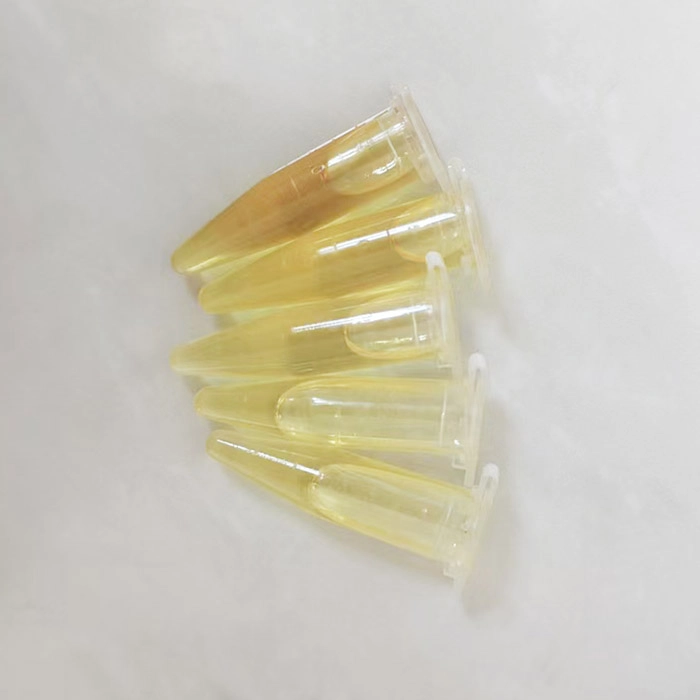+86-15212299029
- All
- Product Name
- Product Keyword
- Product Model
- Product Summary
- Product Description
- Multi Field Search
Views: 220 Author: tcchems Publish Time: 2025-11-12 Origin: Site











Content Menu
>> Health Benefits of Vitamin E
● Olive Oil: A Rich Source of Vitamin E
● How Does Olive Oil Compare to Other Oils?
● The Role of Olive Oil in the Mediterranean Diet
>> Incorporating Olive Oil into Your Diet
Olive oil is not just a staple in kitchens around the world; it is also celebrated for its numerous health benefits. One of the key components that contribute to these benefits is vitamin E. This article will explore the relationship between olive oil and vitamin E, detailing its health benefits, sources, and how to incorporate it into your diet.

Vitamin E is a fat-soluble antioxidant that plays a crucial role in protecting cells from oxidative stress. It exists in several forms, with alpha-tocopherol being the most biologically active. This vitamin is essential for maintaining healthy skin, eyes, and immune function. It also helps in the formation of red blood cells and aids in the use of vitamin K.
1. Antioxidant Properties: Vitamin E neutralizes free radicals, which can cause cellular damage and contribute to aging and chronic diseases.
2. Skin Health: It is known for its ability to promote skin health, helping to reduce the appearance of scars and wrinkles.
3. Heart Health: Vitamin E may help prevent heart disease by inhibiting the oxidation of LDL cholesterol, which is a risk factor for atherosclerosis.
4. Immune Function: It enhances immune response, particularly in older adults, helping to fend off infections and diseases.
Olive oil, particularly extra virgin olive oil, is a significant source of vitamin E. A single tablespoon of olive oil contains approximately 1.9 milligrams of vitamin E, which accounts for about 13% of the recommended daily intake for adults. This makes olive oil an excellent dietary source of this essential nutrient.
1. Extra Virgin Olive Oil: This is the highest quality olive oil, made from pure, cold-pressed olives. It retains the most nutrients, including vitamin E.
2. Virgin Olive Oil: Slightly lower in quality than extra virgin, it is also made from cold-pressed olives but may have a higher acidity level.
3. Refined Olive Oil: This type undergoes processing that removes some of its flavor and nutrients, including vitamin E.
When comparing olive oil to other cooking oils, it stands out due to its high content of monounsaturated fats and antioxidants, including vitamin E. For instance, while canola oil and sunflower oil also contain vitamin E, olive oil has a unique combination of healthy fats and antioxidants that contribute to its health benefits.
| Nutrient | Olive Oil (1 tbsp) | Canola Oil (1 tbsp) | Sunflower Oil (1 tbsp) |
|---|---|---|---|
| Calories | 119 | 124 | 120 |
| Total Fat | 14 g | 14 g | 14 g |
| Saturated Fat | 2 g | 1 g | 1 g |
| Monounsaturated Fat | 10 g | 8 g | 3 g |
| Polyunsaturated Fat | 1.5 g | 4 g | 9 g |
| Vitamin E | 1.9 mg | 1.1 mg | 6.1 mg |
As shown in the table, while sunflower oil has a higher vitamin E content, olive oil offers a better balance of healthy fats and antioxidants.
The Mediterranean diet, which emphasizes the consumption of olive oil, fruits, vegetables, whole grains, and lean proteins, is associated with numerous health benefits, including reduced risks of heart disease and improved longevity. Olive oil's high vitamin E content contributes to these health benefits, making it a cornerstone of this dietary pattern.
1. Salad Dressings: Use olive oil as a base for homemade salad dressings. Combine it with vinegar, lemon juice, and herbs for a flavorful addition to salads.
2. Cooking: Olive oil is suitable for sautéing vegetables, drizzling over roasted dishes, or even baking.
3. Dipping: Serve olive oil as a dip for bread, often mixed with balsamic vinegar or herbs for added flavor.
4. Finishing Oil: Drizzle olive oil over finished dishes, such as pasta or grilled meats, to enhance flavor and nutrition.
Olive oil is indeed a rich source of vitamin E, providing numerous health benefits that contribute to overall well-being. Its antioxidant properties, combined with its role in heart health and skin care, make it an essential part of a healthy diet. By incorporating olive oil into your meals, you can enjoy its flavor while reaping the nutritional rewards it offers.

1. How much vitamin E is in olive oil?
- One tablespoon of olive oil contains approximately 1.9 milligrams of vitamin E.
2. Is extra virgin olive oil better than regular olive oil?
- Yes, extra virgin olive oil is higher in nutrients and antioxidants, including vitamin E, compared to regular olive oil.
3. Can I use olive oil for cooking?
- Yes, olive oil is suitable for cooking, especially for sautéing and drizzling over dishes. However, it has a lower smoke point than some oils, so it's best used at medium heat.
4. What are the health benefits of vitamin E?
- Vitamin E is an antioxidant that helps protect cells from damage, supports immune function, and promotes skin health.
5. How can I incorporate more olive oil into my diet?
- Use olive oil in salad dressings, for cooking, as a dip for bread, or drizzled over finished dishes for added flavor and nutrition.
Hot Tags: China, Global, OEM, private label, manufacturers, factory, suppliers, manufacturing company



